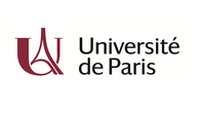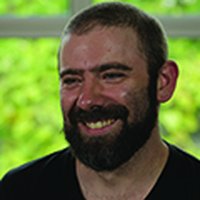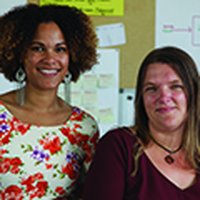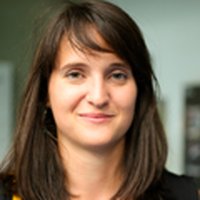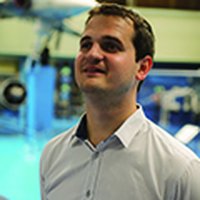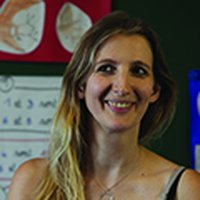Education through research : engineering in the classroom
- Duration: 5 weeks
- Effort: 8 hours
- Pace: ~1h30/week
- Languages: French
Description
Education through research
Education Through Research refers to both the instructor's positioning herself as a teacher-researcher as well as a means of introducing students to research methods and ethics. By taking research as a model, school culture reconnects with the rigor of the scientific approach, the development of critical thinking, the desire to explore the unknown and to innovate while inspiring creativity and collaboration.
Teachers thus engage their students in cooperative, rigorous projects where they utilize numerous skills such as: observing, asking questions, describing, formulating hypotheses, accumulating knowledge, experimenting, modeling, exchanging information, presenting their arguments, and validating results. Asking questions, making mistakes, testing, iteration, comparing the model with reality, teamwork, and opening up the school to the outside world are just some of the drivers of students' learning.
Thanks to the Education Through Research approach, students are introduced at a very young age to the tools and concepts of research and knowledge production. They carry out projects which culminate in a final presentation attesting to what they've learned, their new skills, and how their thinking has progressed.
Engineering in the Classroom
Why study engineering in primary or secondary school?
Science and technology is a field of exploration conducive to stimulating students' questions and motivation.
The aim of an Engineering in School project is to allow classes to tap into these techniques and know-how to build new knowledge and develop the skills that will enable them to shape the world of tomorrow.
Engineering in the Classroom is an educational model drawing on the methods and issues of engineering in order to develop an innovative, creative, critical, and responsible mindset.
- Mechanics and electronics
- Robotics
- Reverse engineering
- Optics
Format
This MOOC offers an INTRODUCTION that will enable you to better understand the principles and challenges of an Education Through Research project applied to engineering. To do this, all you have to do is consult the MOOC resources and participate in the suggested activities throughout the 5 weeks of the course.
This MOOC offers you video, text, image, and activity resources to help you understand the Education Through Research model.
With this MOOC, you will discover footage of classes and teacher interviews in the “Instructional Sesign” section, researchers' suggestions that will introduce you to the “Issues and Methods” of their discipline and how to transfer them to the classroom, as well as an “Education Through Research” section to help you set up the Education Through Research model with your students.
Prerequisites
You don't need to have skills or knowledge in engineering to participate in this MOOC. The goal of this online training course is to familiarize you with an approach that aims to place you and your students in a research and development role in order to produce new knowledge.
This MOOC is for anyone interested in an educational approach whose objective is to turn each student, each child, into a learner-researcher.
It's geared primarily towards primary school teachers, but is also highly applicable to secondary school teachers. Beyond this audience, extra-curricular activity leaders and educators will also find inspiring ideas in this online course to devise their Education Through Research projects.
Assessment and certification
A course certificate is automatically delivered by FUN to participants who score at least 75% in the activities.
Course plan
- Discovery
- Get started with an Education Through Research project
- Questioning and literature review
- Research question and protocol
- Carrying out the project
- Publication
Course team
Organizations
Partenaires
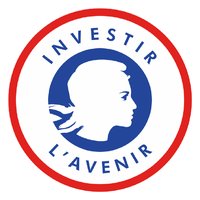
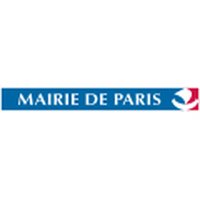
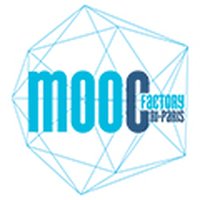
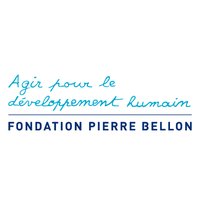
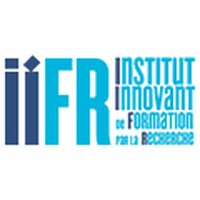
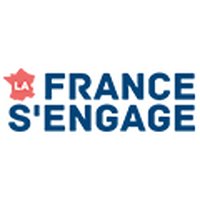
License
License for the course content

Attribution-NonCommercial-ShareAlike
You are free to:
- Share — copy and redistribute the material in any medium or format
- Adapt — remix, transform, and build upon the material
Under the following terms:
- Attribution — You must give appropriate credit, provide a link to the license, and indicate if changes were made. You may do so in any reasonable manner, but not in any way that suggests the licensor endorses you or your use.
- NonCommercial — You may not use the material for commercial purposes.
- ShareAlike — If you remix, transform, or build upon the material, you must distribute your contributions under the same license as the original.
License for the content created by course participants

Attribution-NonCommercial-ShareAlike
You are free to:
- Share — copy and redistribute the material in any medium or format
- Adapt — remix, transform, and build upon the material
Under the following terms:
- Attribution — You must give appropriate credit, provide a link to the license, and indicate if changes were made. You may do so in any reasonable manner, but not in any way that suggests the licensor endorses you or your use.
- NonCommercial — You may not use the material for commercial purposes.
- ShareAlike — If you remix, transform, or build upon the material, you must distribute your contributions under the same license as the original.

